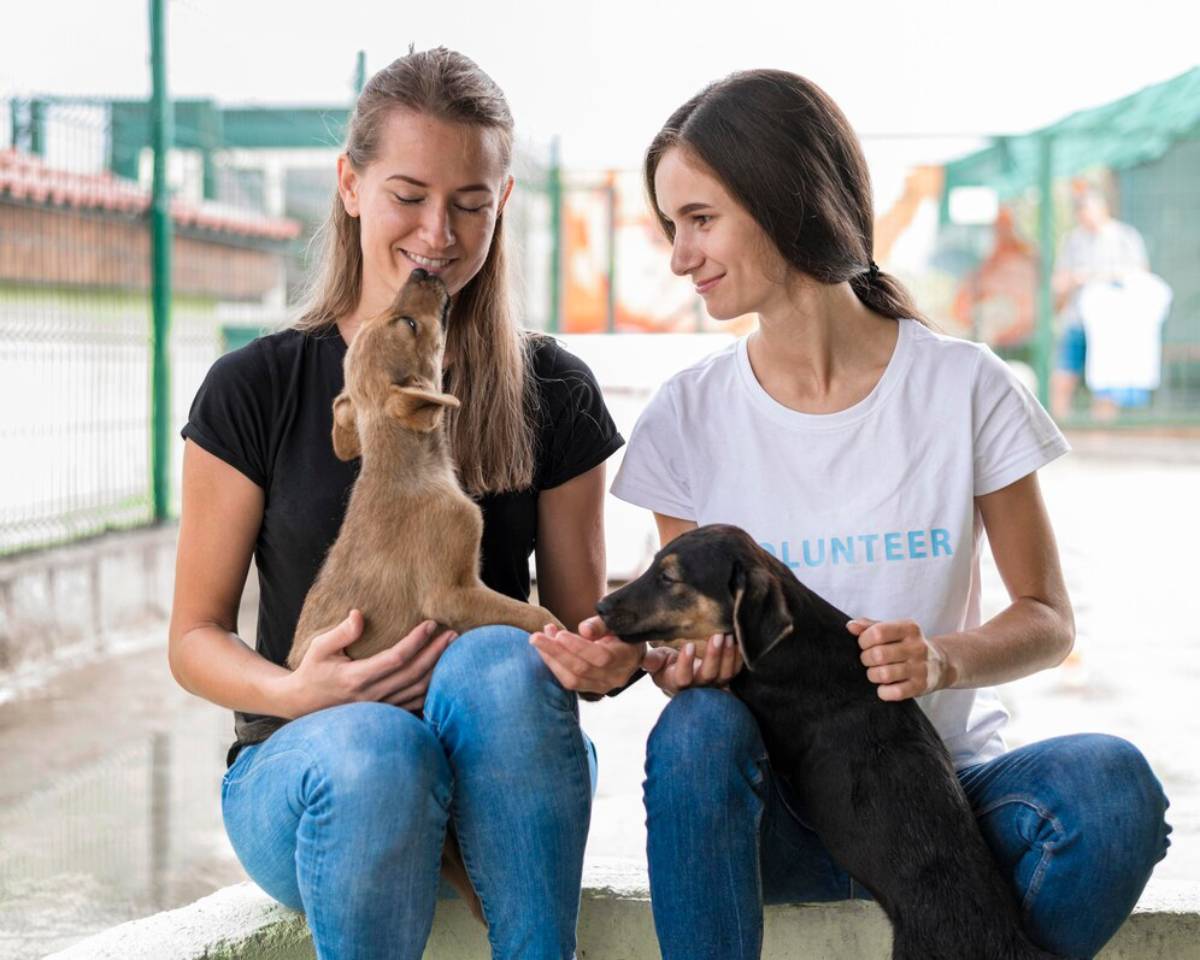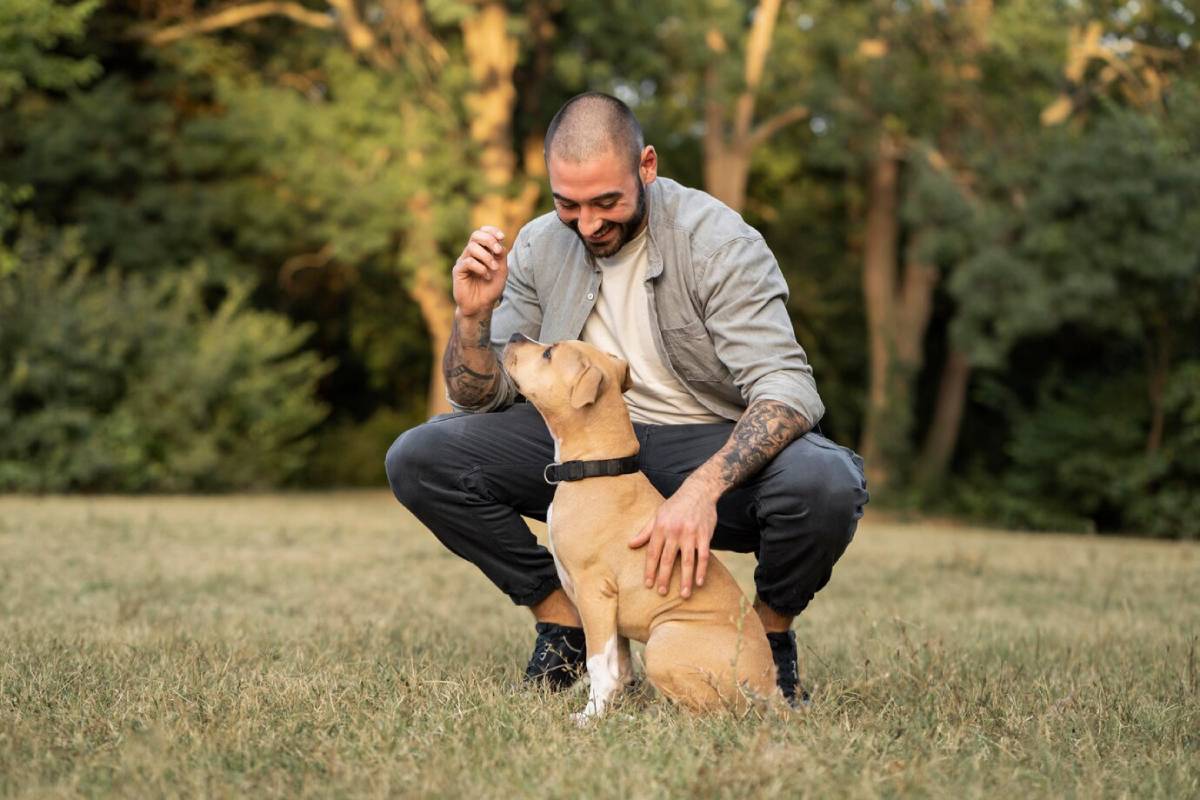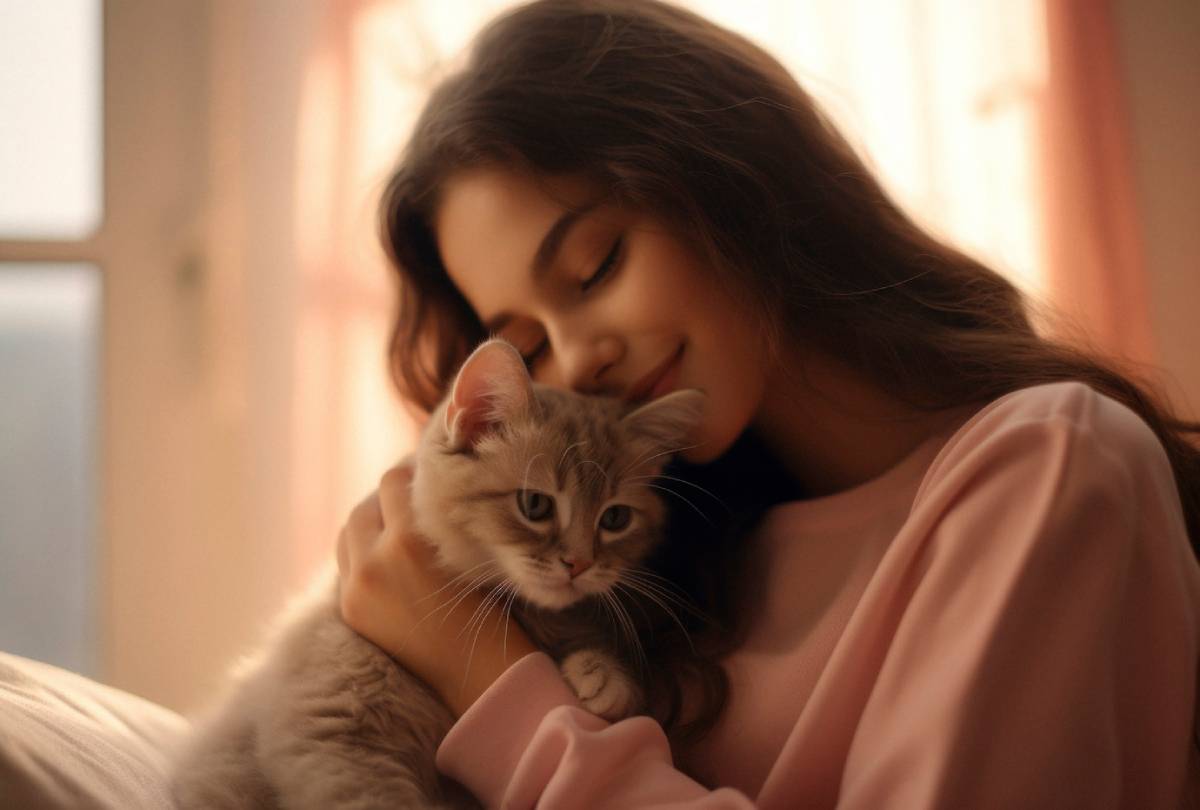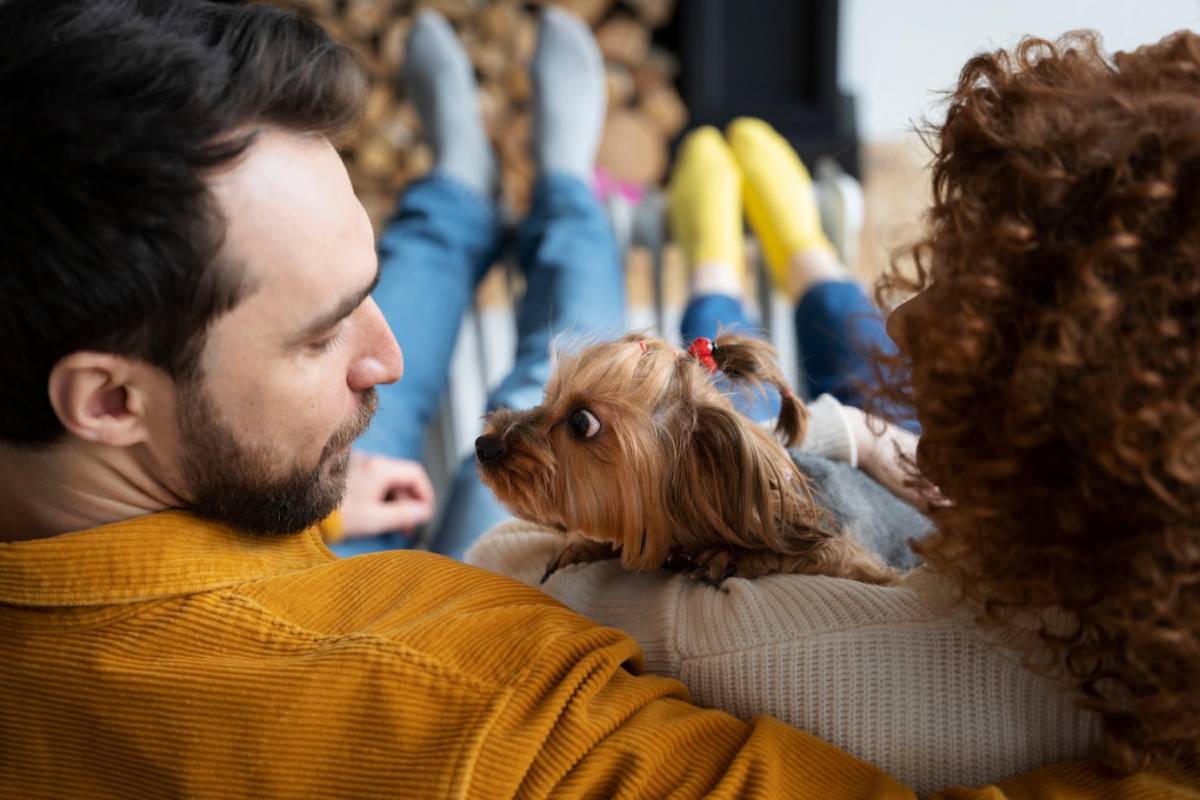
Socialising Your New Puppy or Kitten: Tips and Techniques
Bringing home a new puppy or kitten is a joyful milestone—but it’s also a critical window for shaping your pet’s future behaviour. While cuddles and playtime are essential, one of the most important parts of early pet care is socialisation.
Socialisation means gradually and positively introducing your pet to new people, environments, animals, sounds, and experiences. It’s the foundation of good behaviour, confidence, and adaptability—and when done correctly, it can prevent future issues like fear, aggression, and anxiety.
In this guide, we’ll explore the essentials of socialising puppies and kitten socialisation, offering practical pet behaviour training techniques to help your furry companion grow into a well-mannered, happy member of your family.
Why Socialization Matters

Puppies and kittens go through a crucial developmental stage during their first few months of life. This is when they’re most receptive to new experiences and least likely to respond with fear. Positive exposure during this stage can lead to:
- Confident, calm adult pets
- Easier vet visits and grooming
- Reduced fear or aggression
- Better adaptability to changes (e.g., new homes, travel, or family members)
- Stronger bonds with people and other animals
Poorly socialised pets may struggle with fear-based behaviours, making everyday experiences like walks, visitors, or car rides stressful for everyone involved.
When to Start Socializing
For Puppies:
The ideal time to begin socialising puppies is between 3 and 14 weeks of age. During this window, their brains are especially open to learning and forming positive associations.
For Kittens:

Kitten socialisation should begin between 2 and 9 weeks of age, though it can continue into adolescence. The earlier, the better, especially for helping kittens become comfortable with humans, sounds, and other pets.
If your pet is older and past the prime socialisation window, don’t worry—it’s never too late. Socialisation just takes more time, patience, and positive reinforcement with adult animals.
Preparing to Socialize: A Few Ground Rules
Before diving in, keep these core principles in mind:
- Go slow and steady: Never force your pet into a situation they’re afraid of.
- Pair new experiences with rewards: Use treats, toys, or praise to create positive associations.
- Stay calm and patient: Your pet picks up on your energy—relaxed humans help create relaxed animals.
- Keep vaccinations in mind: Puppies and kittens should begin their core vaccines before interacting closely with unfamiliar animals.
Socializing Puppies: What to Focus On
Puppies are naturally curious but also impressionable. Early experiences help form the foundation for their future temperament.
Key Socialization Goals for Puppies

- Meeting new people – Adults, children, people in hats or glasses, different ethnicities, people using wheelchairs or walkers
- Exposure to other dogs – Friendly, vaccinated dogs of different sizes and ages
- New environments – Parks, sidewalks, vet offices, friends’ houses
- Household sounds – Vacuum, TV, dishwasher, doorbells
- Gentle handling – Paws, ears, mouth, collar touches (helps with vet and grooming visits)
Puppy Socialization Tips
- Enroll in a puppy socialisation class once your vet approves. These classes offer safe, supervised interaction with other pups.
- Practice leash walking in quiet areas before venturing into busy parks.
- Invite friendly visitors over to interact with your puppy calmly.
- Expose them to car rides, crate time, and different floor surfaces (carpet, hardwood, grass).
Kitten Socialization: Building Trust and Confidence
Kittens may seem more independent than puppies, but they also need structured social exposure—especially if they’re going to live in busy homes or with other pets.
Key Socialization Goals for Kittens
- Comfort with handling – Being picked up, touched, and groomed
- Interaction with people – Men, women, children, guests
- Safe exploration – New rooms, furniture, carriers
- Normal household sounds – Music, blenders, vacuums
- Other animals – Especially if you have dogs or multiple cats
Kitten Socialization Tips
- Begin with gentle, short sessions of holding and petting. Let your kitten come to you.
- Use treats and toys to encourage interaction and build trust.
- Gradually introduce your kitten to cat carriers, brushes, and nail-trimming tools.
- Provide vertical space like cat trees or window perches to build confidence and offer safe retreats.
- Expose them to interactive toys (like wands or balls) to build play confidence and prevent boredom.
Common Mistakes to Avoid
Whether you’re socialising a puppy or a kitten, avoid these common pitfalls:
- Overwhelming your pet – Too much, too fast can lead to fear or withdrawal
- Neglecting variety – Exposing your pet only to one type of person or place limits their adaptability
- Punishing fearful behaviour – This increases anxiety; instead, calmly remove your pet and try again later
- Skipping socialisation due to fear of germs – Talk to your vet about safe environments to socialise before full vaccination
Using Positive Reinforcement in Pet Behavior Training
Socialisation and pet behaviour training go hand in hand. Reward-based training builds trust and teaches pets how to behave in new situations.
- Use high-value treats to reward good behaviour during new experiences.
- Praise calmly and consistently.
- Redirect undesired behaviour (e.g., barking or hiding) with distractions—not scolding.
- Be consistent. Repeat new experiences to help reinforce comfort.
Consistency is key. The more positive exposures your pet has, the more confident and well-adjusted they’ll become.
Introducing Your Pet to Other Animals
Puppy to Puppy:
Start with calm, similarly-sized dogs. Choose a neutral space and supervise closely. Look for wagging tails, relaxed bodies, and play bows.
Kitten to Cat:
Use scent swapping (shared blankets or toys), visual introductions through a baby gate, and gradual, short visits. Don’t rush physical contact.
Puppy and Kitten:
Monitor closely—puppies can be rough. Keep interactions short and always reward calm behaviour. Let the kitten escape to high ground if needed.
Socialisation Beyond the First Year
Socialisation doesn’t stop after puppyhood or kittenhood. Continue to expose your pet to new experiences, people, and places throughout their life to maintain adaptability.
- Take your dog on varied walks
- Offer new toys and puzzles
- Occasionally invite new people over
- Take car rides to unfamiliar but safe locations
A confident pet is a happier pet—and a joy to live with.
Final Thoughts: Socialization Is a Lifelong Gift
Socialising puppies and kittens isn’t just about preventing bad behaviour—it’s about giving your pet the confidence and skills to enjoy life to the fullest. By investing time in kitten socialisation and early pet behaviour training, you’re setting the stage for a lifetime of harmony between your pet and the world around them.
Be patient. Celebrate progress. And remember: socialisation is one of the most important (and rewarding) parts of raising a well-adjusted, loving companion.


